Saudi Arabia has a long and mixed track record of involvement in Yemen’s numerous political conflicts, dating back to the early 1960s. Until last year, the kingdom’s inclination was to either use its extensive contacts with political and tribal elements to forge negotiated settlements or to choose a side in the conflict, assist it financially—occasionally provide it with weapons—but not involve its own troops in the fighting. That all changed last year. The prospect of Yemen being in the throes of yet another civil war, in which two equally hostile militant groups—the Iran-supported Houthi rebels in the North and the terrorist group al-Qaeda in the Arabian Peninsula (AQAP) in the South—would try to impose their will on the rest of the country, was deemed a serious threat to the kingdom’s security.
The Saudis had spent millions trying to contain the violence in Yemen by building a sophisticated security fence along their southern border. However, in addition to the Iran-supported Houthis, with whom Saudi Arabia was engaged in serious border clashes in 2009, Yemen has been further destabilized by AQAP. In fact, the terrorist group also crossed the Saudi border in June 2014 and managed to kill several Saudi security personnel. To add to the volatile mix, there are strong indications that the most ruthless terrorist group yet, the so-called Islamic State, has also established a presence in Yemen, claiming credit for several deadly bombings that targeted Shia mosques in Sanaa.
The decision to launch a military operation to drive the Houthi rebels back to their strongholds in the North and force them to the negotiating table marks a significant departure from Saudi Arabia’s characteristic behind-the-scenes, quiet diplomacy that had played a role in ending the fifteen-year Lebanese civil war and, more recently, calmed tensions between Egypt and Qatar.
The Yemen campaign appears intended to send strong messages to three different audiences. It is meant to be a warning to Iran to stop its encroachment on what is traditionally considered Saudi Arabia’s “backyard” of Yemen specifically, and what Saudi officials have repeatedly characterized as Iran’s “meddling” in Arab affairs in general. It is also a message to the kingdom’s allies, including the United States. It makes clear that while Saudi Arabia still considers the United States to be a valuable partner, going forward, it will take “whatever measures are necessary” to defend its national security, with minimal consultation if necessary, should the United States—and the wider international community—prove unable or unwilling to do so.
Just as importantly, it is a message to the Saudi public at large that the billions of dollars that have been spent on military forces, weapons, and training are paying dividends. This self-reliance, however, has also entailed an important adjustment that is reflective of the dangerous times—and neighborhood—that Saudi Arabia lives in: hundreds of Saudis have made the ultimate sacrifice during the Yemen campaign, including a few hundred civilians who have died as a result of Houthis’ cross-border shelling.
Some will maintain that this new thinking and more assertive foreign policy is the brainchild of King Salman’s thirty-year old son, the defense minister and deputy crown prince Muhammad Bin Salman. Whether or not that is the case, Saudi Arabia has opened a new chapter in its history that seems intent on not just conveying to the world how the Saudis view their own changing role in the region, but also seems equally determined to compel the international community to think of Saudi Arabia in a whole new light.
This article was originally published by the Carnegie Endowment for International Peace.
The views represented herein are the author's or speaker's own and do not necessarily reflect the views of AGSI, its staff, or its board of directors.



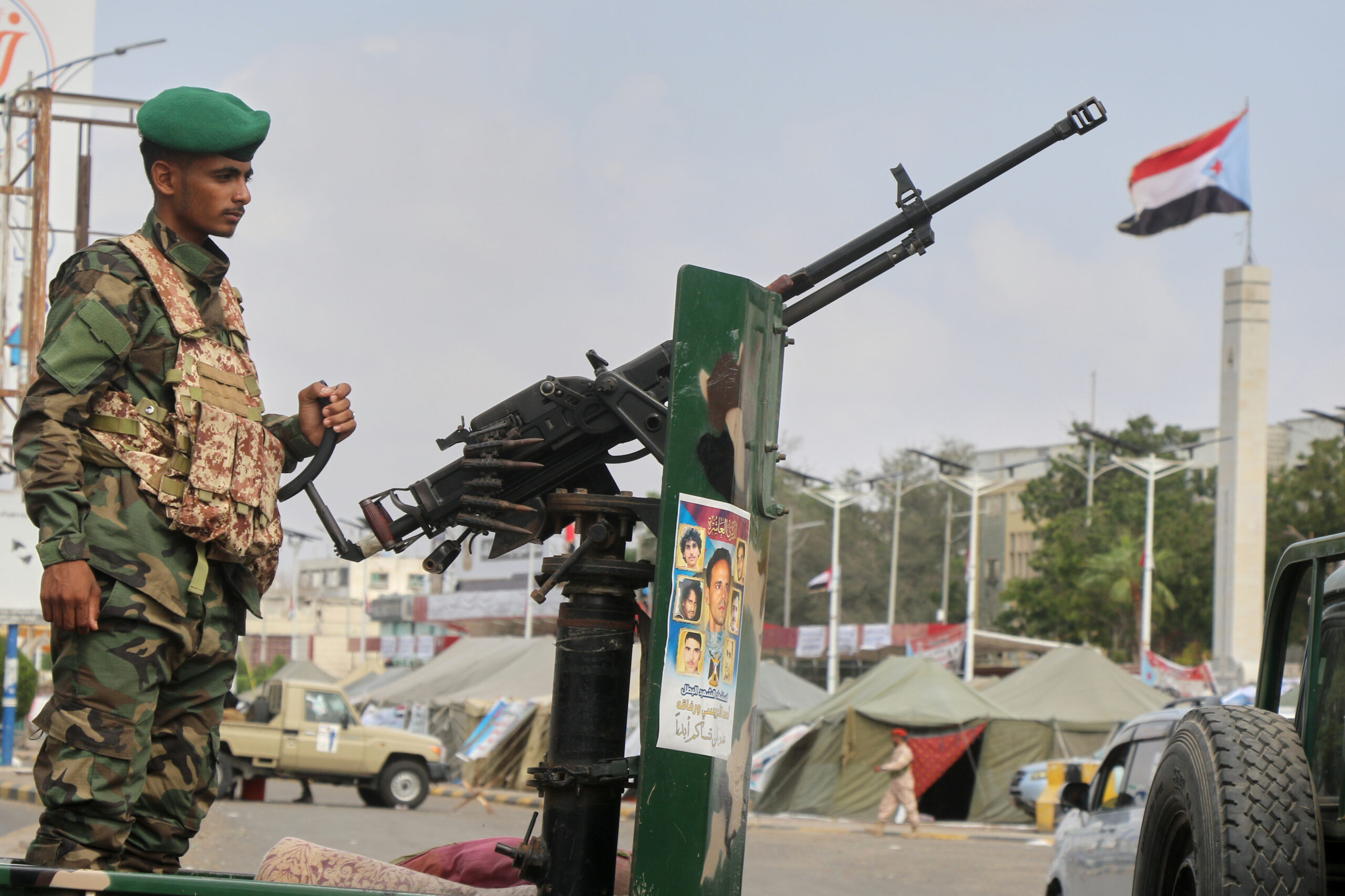

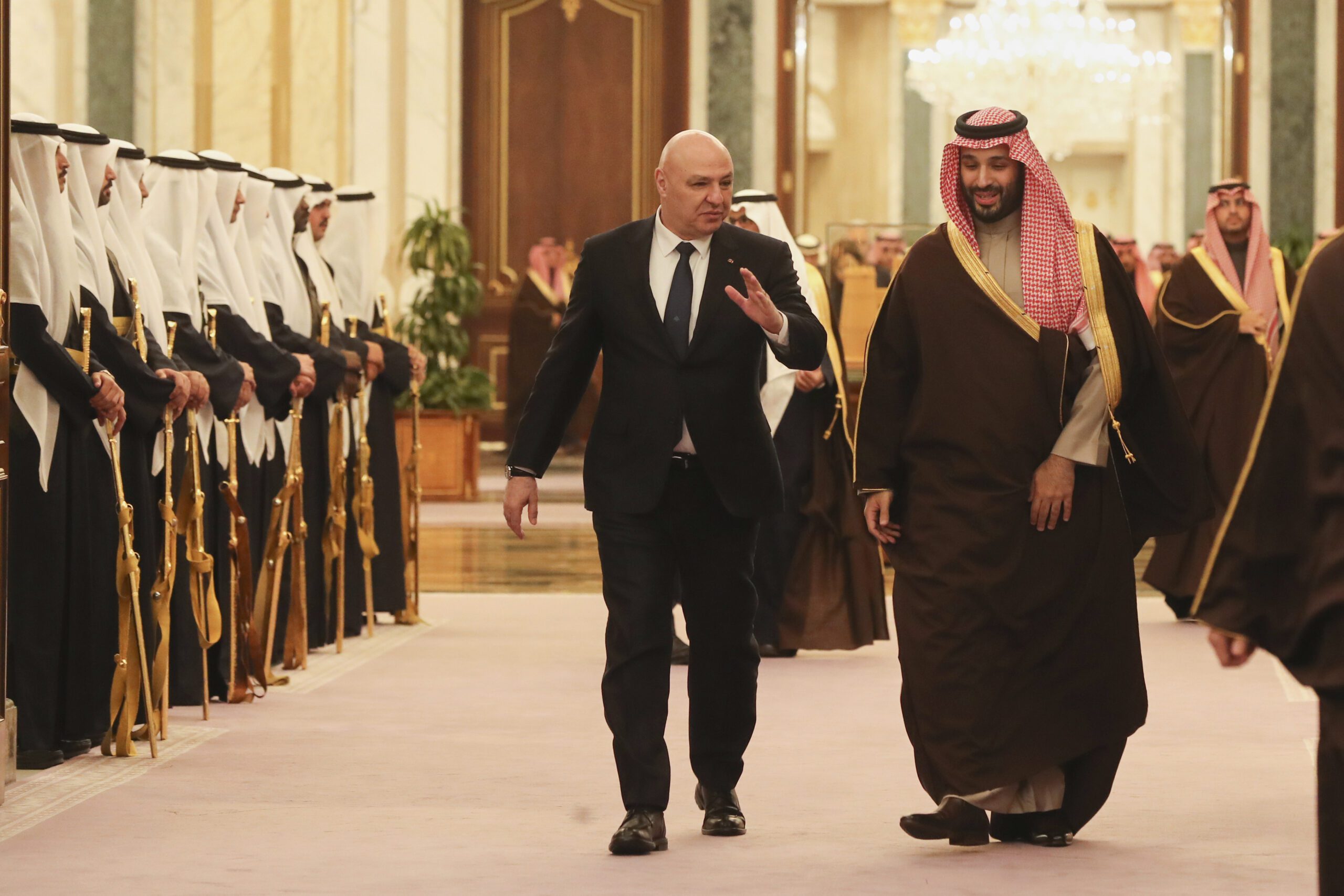
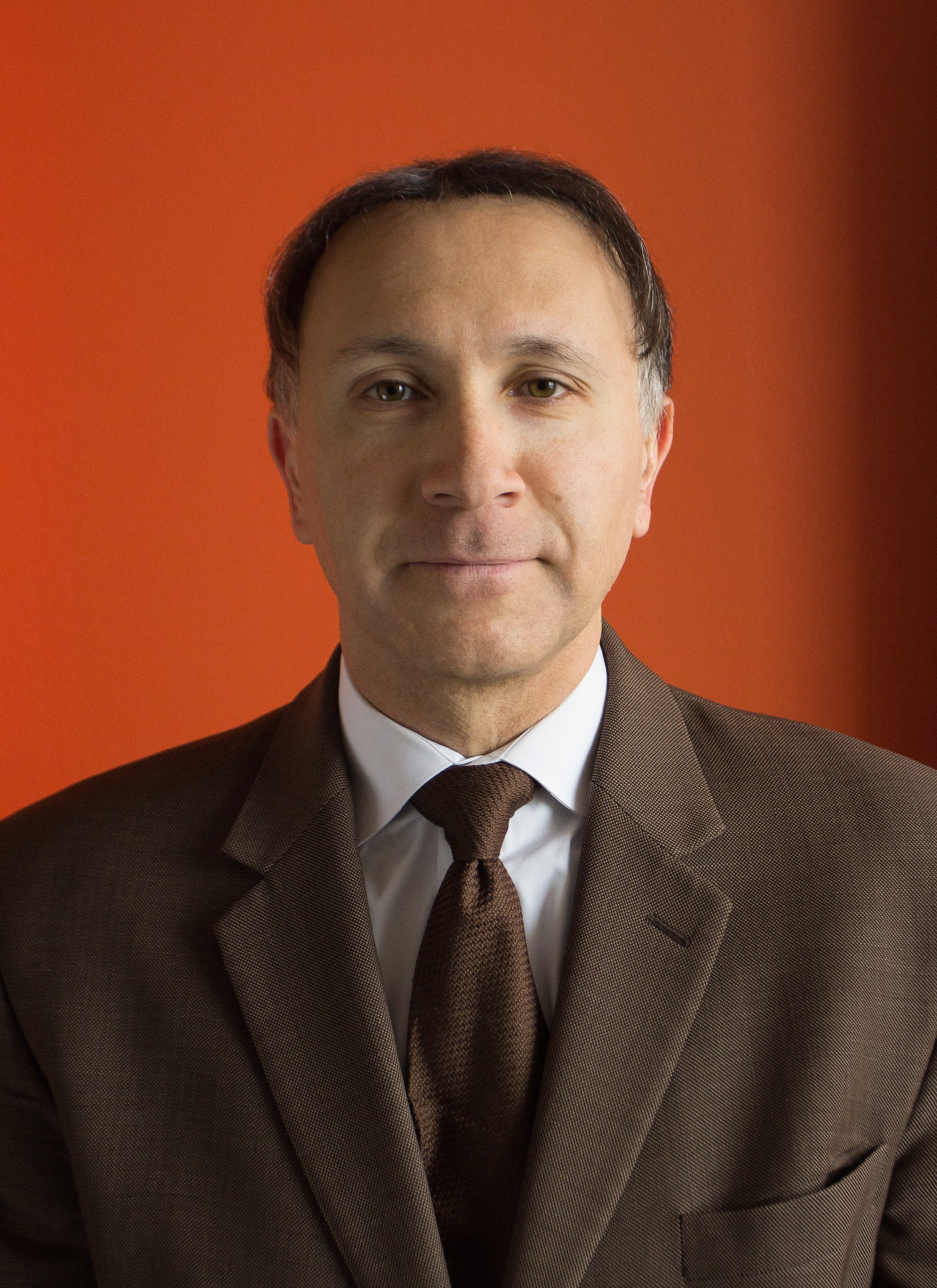
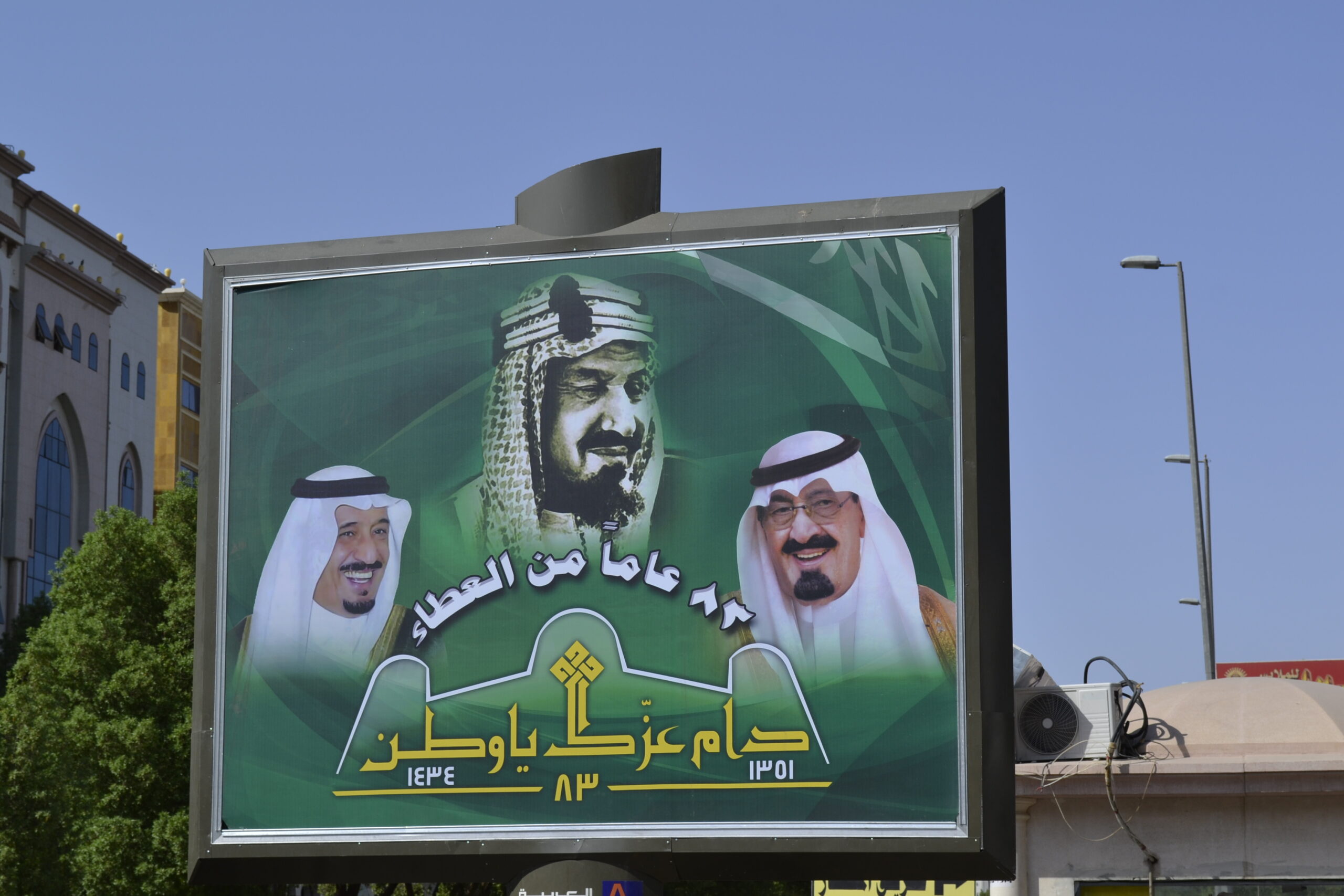
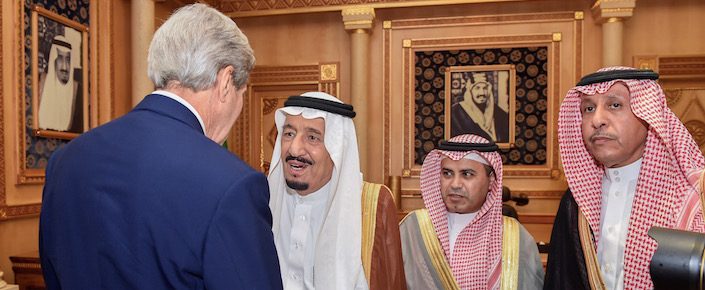


Sep 9, 2016
A More Assertive Regional Role
Saudi Arabia has a long and mixed track record of involvement in Yemen’s numerous political conflicts, dating back to the early 1960s. Until last year, the kingdom’s inclination was to either use its extensive contacts with political and tribal elements to forge negotiated settlements or to choose a side in the conflict, assist it financially—occasionally...
3 min read